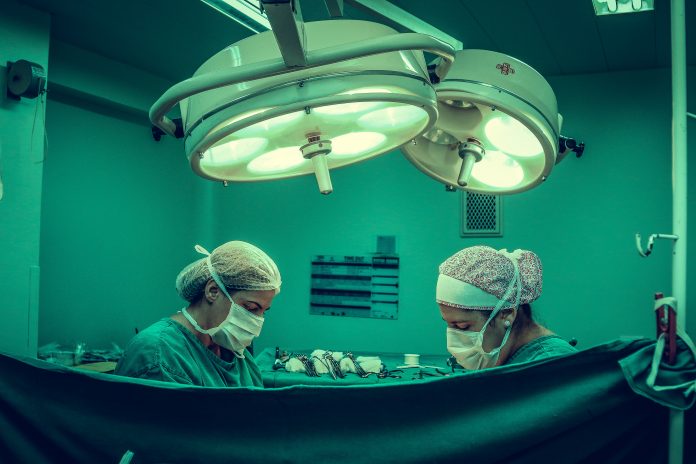As someone considering Lap-Band surgery, you already know there are many changes you’ll need to make before and after the procedure. Here are a few of the most important things to prepare for as you explore the procedure further.
Pre-Op Diet
Your doctor will prescribe a preoperative diet you’ll need to follow anywhere from six weeks to two weeks prior to your gastric band surgery date. The diet will vary based on your doctor as well as your physical condition and goals, however, these diets are typically very heavy on protein and vegetables. Expect to stock up on protein shakes and protein bars, and to get creative with how you cook your veggies.
Two days ahead of your procedure, you will switch to a clear liquid diet to ensure there won’t be any leftover food in the stomach that may interfere with the surgery. The majority of your nutrition will likely come from broth, but you can also enjoy sports drinks, popsicles, coffee and tea in most cases. Your surgeon might suggest sugar-free alternatives and limiting caffeine, depending on your current state of health.
Medication Adjustment
Many types of over-the-counter medications and prescriptions must be discontinued or adjusted before undergoing surgery. Warfarin and other blood clotting prescriptions, for example, increase blood loss during surgery so your doctor will tell you when you need to stop taking them before surgery.
If you’re taking insulin for diabetes, the dosage will need altering to counterbalance your new preoperative diet. Other medications like metformin are typically stopped two days prior to the procedure.
As a general rule, weight loss medications, supplements, gout medication, ibuprofen and NSAIDS should be discontinued a week before surgery.
Preparing for the Day of Surgery
On the day of gastric surgery, you want to be as comfortable as possible to alleviate stress and handle pain you may experience afterward. Don’t wear makeup or jewelry, and avoid bringing any valuables with you to the facility.
Come prepared with a good book and your phone charger, as well as a pair of slippers and comfortable outfit for your trip home. Bring minimal documentation, including your insurance information, a photo ID and a comprehensive list of any medications you are taking and allergies you have. You will need a designated individual to drive you home when it’s time to leave the surgical facility.
Setting up for Lasting Change
The Lap-Band procedure can make it possible to lose weight and keep it off, but only if you fully commit to a new lifestyle. Your doctor will outline a post-op diet that may be tough to swallow, especially if you’ve become accustomed to eating without rules. You’ll have to get used to eliminating snacks, eating specific portions and balancing your nutrition for optimal health.
Many people who have this surgery struggle to stay on track afterward, so it’s a good idea to seek out support groups that can provide tips on staying the course. You may even want to consider counseling to help you change your relationship to food and lock in weight loss for the long term.







